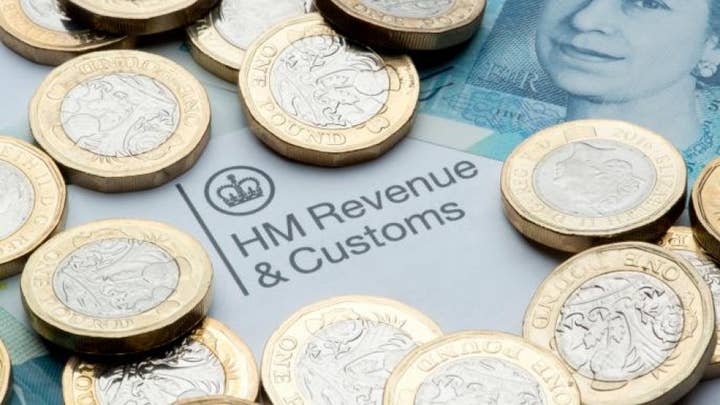How is the UK's Video Games Tax Relief changing next year?
Following last week's Autumn Statement, the industry has a clearer idea of what the transition to Video Games Tax Expenditure means for games companies
Sign up for the GI Daily here to get the biggest news straight to your inbox
More details have emerged surrounding the UK government's plans to transform the current Video Games Tax Relief (VGTR) initiative that allows games companies to claim back some of their expenditure.
As announced earlier this year, VGTR is going to become Video Game Expenditure Credit (VGEC), a change that is expected to kick in from January 1, 2024.
Following a draft of these plans in June 2023, the details around VGEC were altered slightly in this week's Autumn Statement: an update on the UK government's budget and economic plans.
Accounting firm RSM UK and games trade body TIGA have shared their thoughts and analysis with GamesIndustry.biz, with the former observing that VGEC "now looks set to be enacted" at the start of next year as planned.
RSM also offered a summary of the timeline for the new credits process:
- VGEC will become available on expenditure from January 1, 2024.
- All new games beginning development from April 1, 2025 must claim under VGEC
- VGTR will end on April 1, 2027, after which all games must claim under VGEC
Below is a summary of the changes the two organisations noted following the Autumn Statement:
- Companies applying for VGEC will now need to disclose "connected-party transactions" (charges between subsidiaries and their parent companies, for example). So a parent company that pays one of its studios for the production of art assets must not disclose that cost.
- These transactions must be at an arm's length rate, i.e. the same as what the provider would charge an external/unconnected company, which TIGA noted is "in line with the well-established principles of transfer pricing" and is the same as under the current VGTR scheme.
- Originally, the proposal was to exclude all connected-party profits from any VGEC claims. RSM UK notes that this new measure will likely be welcomed by the industry as it "should mean there is no reason to reassess current group arrangements." RSM added it "should also bring certainty to the industry allowing current arrangements to broadly continue in their current form."
- All qualifying costs will now need to be used-and-consumed within the UK, while largely means companies will no longer be able to claim for payments made to contractors or outsourcers outside the UK.
- However there are a number of grey areas on what qualifies as 'used-and-consumed within the UK,' which RSM UK, TIGA and others have reached out to HM Revenue & Customs (HMRC) for clarification as this could impact on many businesses who have overseas contractors, employees or service providers outside of the UK
- As a result, expenditure in the European Economic Area (EEA) will no longer eligible for relief, which is has been under VGTR (as it was introduced in 2014, prior to the UK's departure from the EU).
- There will be no subcontractor limit, as opposed to the current limit of £1 million on qualifying subcontracting costs for any single project. This is likely to only impact games with larger budgets.
- There will be additional supplementary information forms that need to be submitted to HMRC before submitting your tax return. It has not yet been confirmed what disclosures will be requested by this form, but it's an additional step that companies will need to plan for.
Elsewhere in the Statement, additional funding was announced for the BFI certification unity for 2024/25, which should help with turnaround times for cultural certificates required for VGTR/VGEC claims. The current waiting period is often over 20 weeks.
The government also announced a consultation looking into how it can further support the VFX industry. While this is primarily focused on the film and TV industry, this consultation seemingly confirmed the Audio-Visual Expenditure Credits will come into effect from January 1, 2024 as proposed - further evidence that VGEC will also begin on this date as planned.
The Video Games Expenditure Credit will be recognised "above-the-line" (i.e. before tax has been deducted, making it more visible in financial results) and then subject to tax.
RSM UK's tax director Will Simpson told GamesIndustry.biz: "This will make the incentive much more visible to both the business and also investors, as instead of being recognised only in the tax line, the credit will form part of a company’s operating profit. This should further help to demonstrate the attractiveness of the UK regime to overseas investors."
VGEC will apply to 80% of a company's qualifying costs at a headline rate of 34%. This is seemingly more than current 25%
However, after Corporation Tax of 25%, this means the net benefit to the games company is only a slight increase on the current rate, rising from 20% to 20.4%. TIGA has been calling for on the government to bring the relief more into line with the current scheme.









